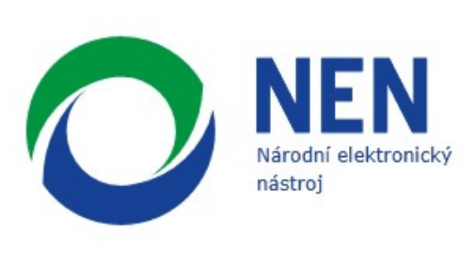14 January 2019
Implementation of mandatory e-invoicing in the Czech Republic
Mandatory electronic invoicing with Czech institutions was established in the country on 1 October 2016, the year in which European countries such as Switzerland and Croatia also made it mandatory.
